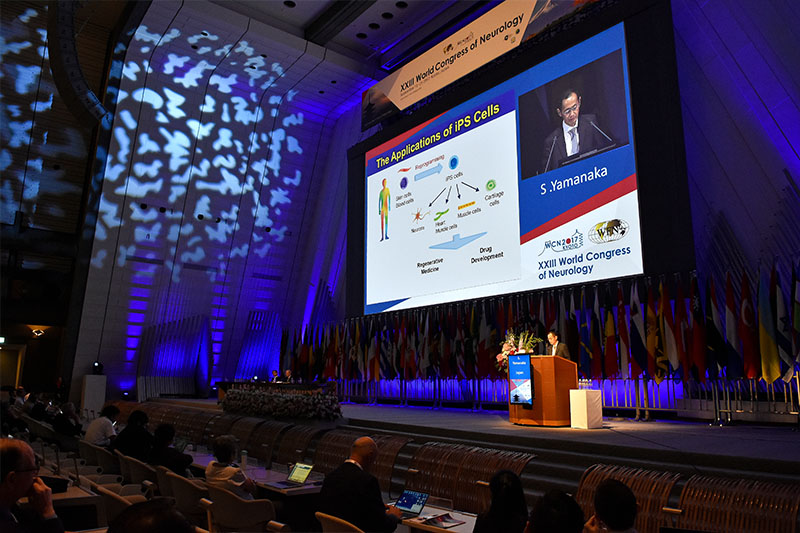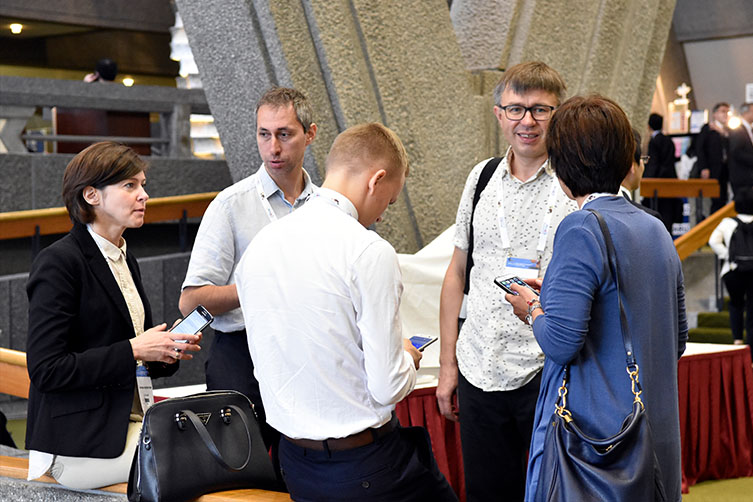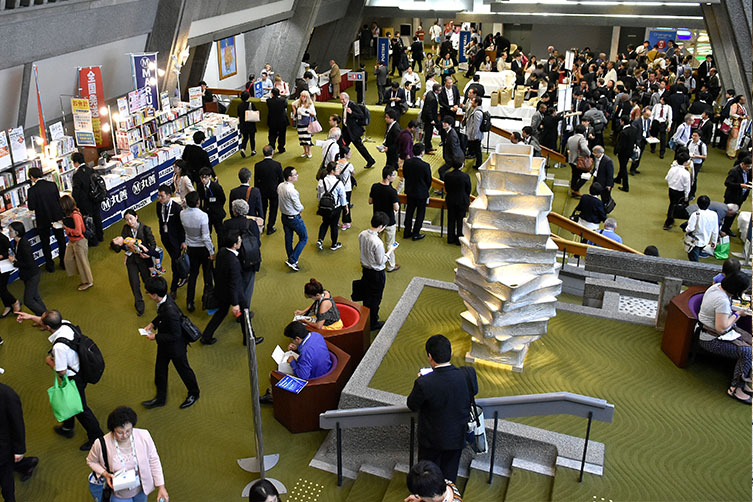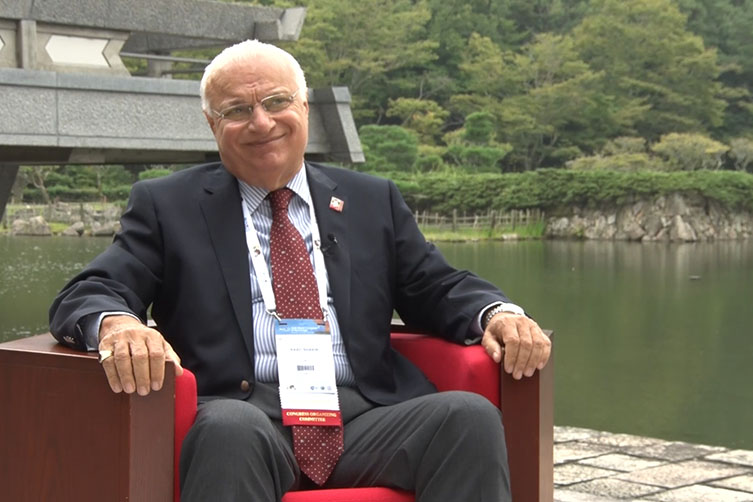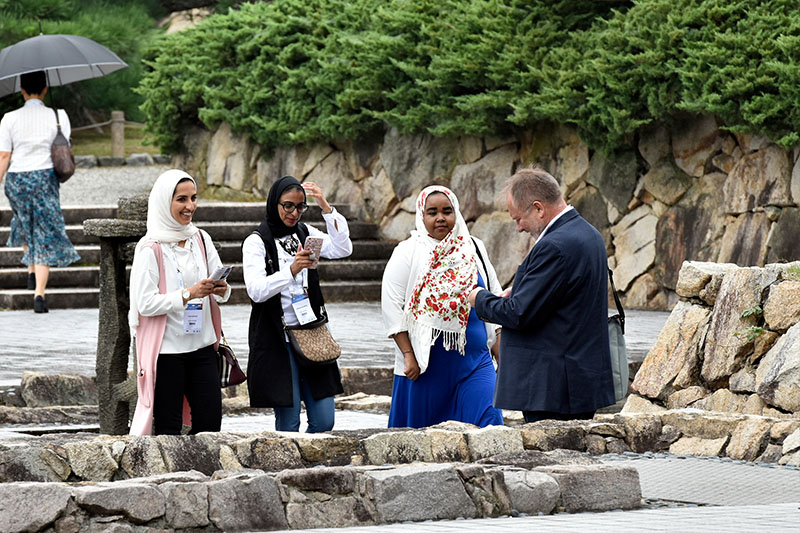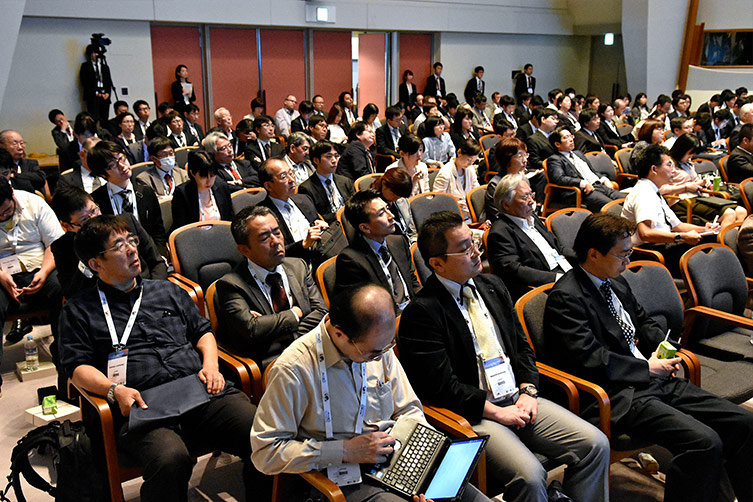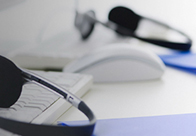Convention Case Studies
The XXIII World Congress of Neurology (WCN 2017)
The World Federation of Neurology held its bi-annual World Congress of Neurology (WCN) in Kyoto in September of 2017. With the incidence of neurological diseases rising worldwide and the field of neurology becoming ever more important, the theme for the year was “Defining the future of neurology.”
Beginning with an appearance by the Crown Prince and his wife at the opening ceremony, more than 8000 attendees gathered at WCN 2017 to hear over 300 renowned speakers (including 3 Nobel Laureates) lecture on the latest developments in their respective fields, providing an impressive overview of the achievements of modern neurology.
“Japan is fantastic... the teamwork is meticulous and detailed and the attention to excellence is very impressive.”
Interview with Professor Raad Shakir
President World Federation of Neurology (WFN)
-
During the long period of preparation for this convention, how did you feel about Japan’s teamwork?
Japan is fantastic. I’m not saying this in any way to flatter you but they work as a team and the teamwork is meticulous, detailed and the attention to excellence is very impressive and very noticeable. When Japan won the bid, 4years ago, I was delighted in many ways because I said Japanese will do everything for us but they showed a lot of promises and a lot of understanding that they suggest something to you in very polite and Japanese way and there is Japanese way. We respect that. And we have to learn as well that when we come to Japan, when we try to do any activities whether its social activities or whether it’s a trying to get food, trying to get transport, there is a certain Japanese way of doing it which is efficient but we are not used to it, the rest of the world. So we have to learn how to live with that and once you know how it works, it’s fantastic, but you have to learn how to work with it and we have done so. So working as a team is excellent and the Japanese side in neurology is very highly sophisticated, organized, scientifically advanced team and we have absolutely no problem working with them.
